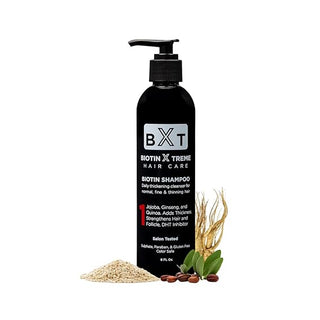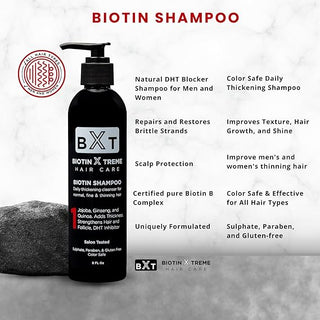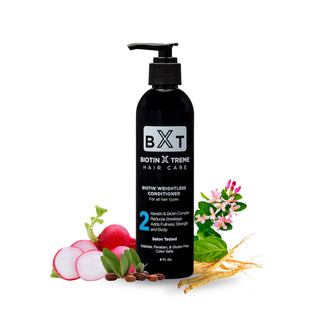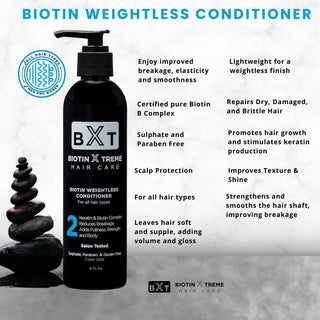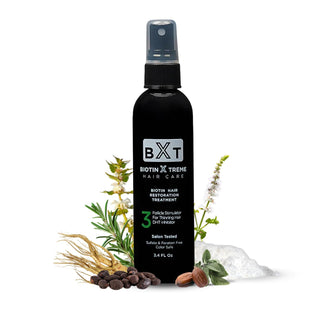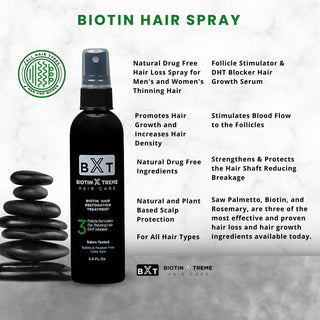Menopause is a significant turn in a woman’s life. As stressful as it is, biologically, it can be more trying than anything else she has experienced before. The body undergoes a series of changes, anxiety peaks and the youthful appearance starts to fade. But nothing bothers women as much as experiencing the changes in the hair.
Intense hair fall is one of the key characteristics of menopause and that can make accepting this new phase of life extremely challenging. However, the good news is, you don’t have to give up your pretty mane to menopause. Hair fall at menopause can be controlled and effectively managed, and all that can be done naturally.
Below are some ways in which you can stop menopause-caused hair loss before it’s too late.
So, here is how to naturally stop hair loss during menopause.
Watch Your Hair
Most women in the menopause age bracket don’t even notice the problem of hair loss until it’s too late. Now that is part of the problem. Hair loss in menopause can be reduced, but you have to address it when there is still time. Some of the best therapies target hair loss at the early stages checking the problem just at the onset and before it festers.
So, you need to start paying attention to your delicate stresses from around the time you start getting menopausal symptoms. Breakage, thinning and unnatural shedding, van indicate an imminent volume loss.
Up the Proteins in Your Diet
Now that your body is undergoing serious changes, you need to tailor your diet accordingly. Post-menopause, the body’s nutritional needs change and catering to those is important to keep the hormonal changes from affecting the health, skin and hair.
Load up your meals with protein-rich foods. Start eating egg whites on a daily basis. Add low-fat cottage cheese to your daily salad. Introduce a portion of legumes and nuts in your daily meals. Also increase your intake of lean meat, as it is a great source of animal protein.
Switch to Biotin
The hair also needs non-dietary nutrients and those can be supplied only through hair treatments. If you have used the standard consumer-grade chemical products so far, it’s time to switch to natural and professional products.
Change to biotin-based products to stop hair loss during menopause. These products supply the hair roots with folic acid and B7, both of which are extremely important to good hair health. So instead of obsessing on salon treatments, change your haircare products to protein-enriched biotin options that improve the thinning without hormones and chemicals and are also color safe.
Get on Vitamins and Mineral Supplements
Menopause marks the beginning of a phase in life when the body starts to need the extra help that it was doing perfectly well without, so far. Vitamin and mineral supplements are one of those extra supports that your body could use at this time.
So, if you are losing an enormous amount of hair, it may be that your body is low on the essential hair nutrients like zinc, biotin, Vitamin D, Vitamin A, etc. See a doctor and check with them about supplements.
Go Gentle on Your Hair
Just eating the right food and using the right products won’t do. You also need to be extra gentle with your hair here on out. After menopause, hair starts to lose its usual strength and immunity. So, be gentle when brushing through your hair before going to bed. Avoid brushing through tangles forcefully while combing. Limit your hair styling days. Don’t stress unnecessarily and do not rub or twist your hair strands too much. Above all, take care of your scalp.
Hormone Therapy
Extreme hair loss during menopause is the outcome of hormonal changes. If you want to pursue this more aggressively, then you have a variety of hormone therapies to try out. These treatments address the hormonal abnormalities that contribute to hair fall. Check with your doctor about it.

